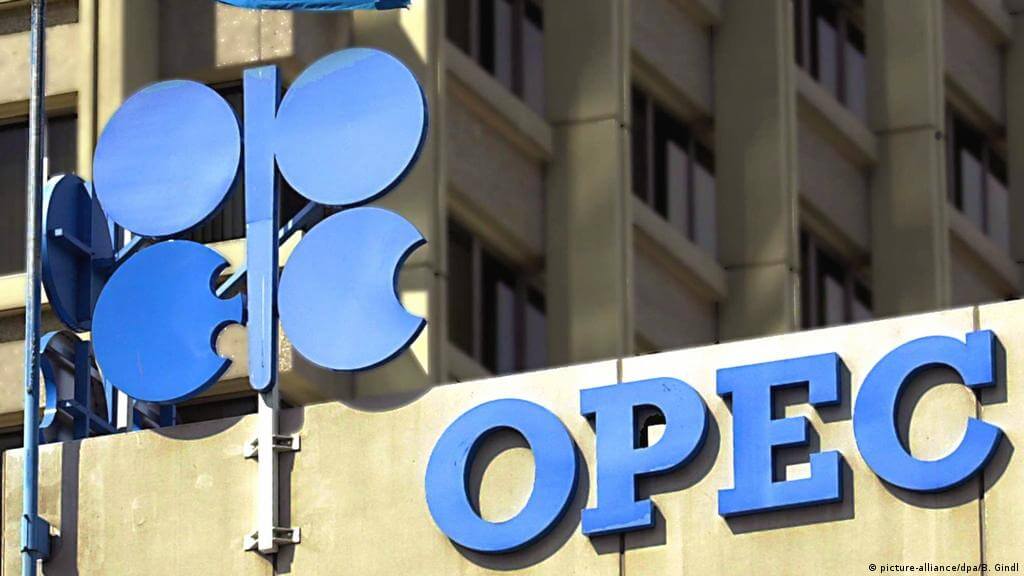OPEC chief says blame policymakers, lawmakers for oil price rises
Policymakers, lawmakers and insufficient oil and gas sector investments are to blame for high energy prices, not OPEC, the producer group’s new Secretary General Haitham Al Ghais told Reuters on Thursday.
A lack of investment in the oil and gas sector following a price slump sparked by COVID-19 has significantly reduced OPEC’s spare production capacity and limited the group’s ability to respond quickly to further potential supply disruption.

The price of Brent crude came close to an all-time high of $147 a barrel in March, after Russia’s ordering of troops into Ukraine exacerbated supply concerns. While prices have since declined, they are still painfully high for consumers and businesses globally.
“Don’t blame OPEC, blame your own policymakers and lawmakers, because OPEC and the producing countries have been pushing time and time again for investing in oil (and gas),” Al Ghais, who took office on Aug. 1, said in an online interview.
Oil and gas investment is up 10% from last year but remains well below 2019 levels, the International Energy Agency said last month, adding that some of the immediate shortfalls in Russian exports needed to be met by production elsewhere.
The OPEC official also pointed the finger at a lack of investment in the downstream sector, adding that OPEC members had increased refining capacity to balance the decline in Europe and the United States.
“We are not saying that the world will live on fossil fuels forever … but by saying we’re not going to invest in fossil fuels … you have to move from point A to point B overnight,” Al Ghais said.
OPEC exists to ensure the world gets enough oil, but “it’s going to be very challenging and very difficult if there is no buy-in into the importance of investing,” he said, adding that he hopes “investors, financial institutions, policymakers as well globally seriously take this matter (to) heart and take it into their plans for the future.”
SOURCE: REUTERS
XXXXXX







